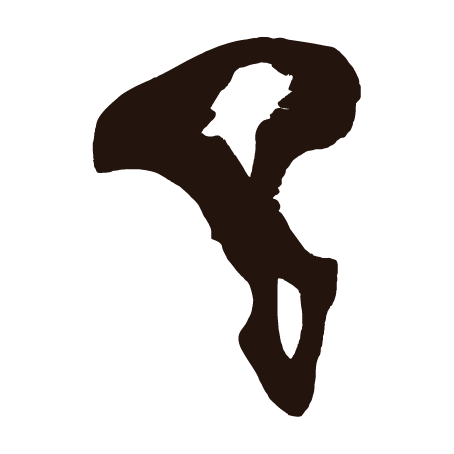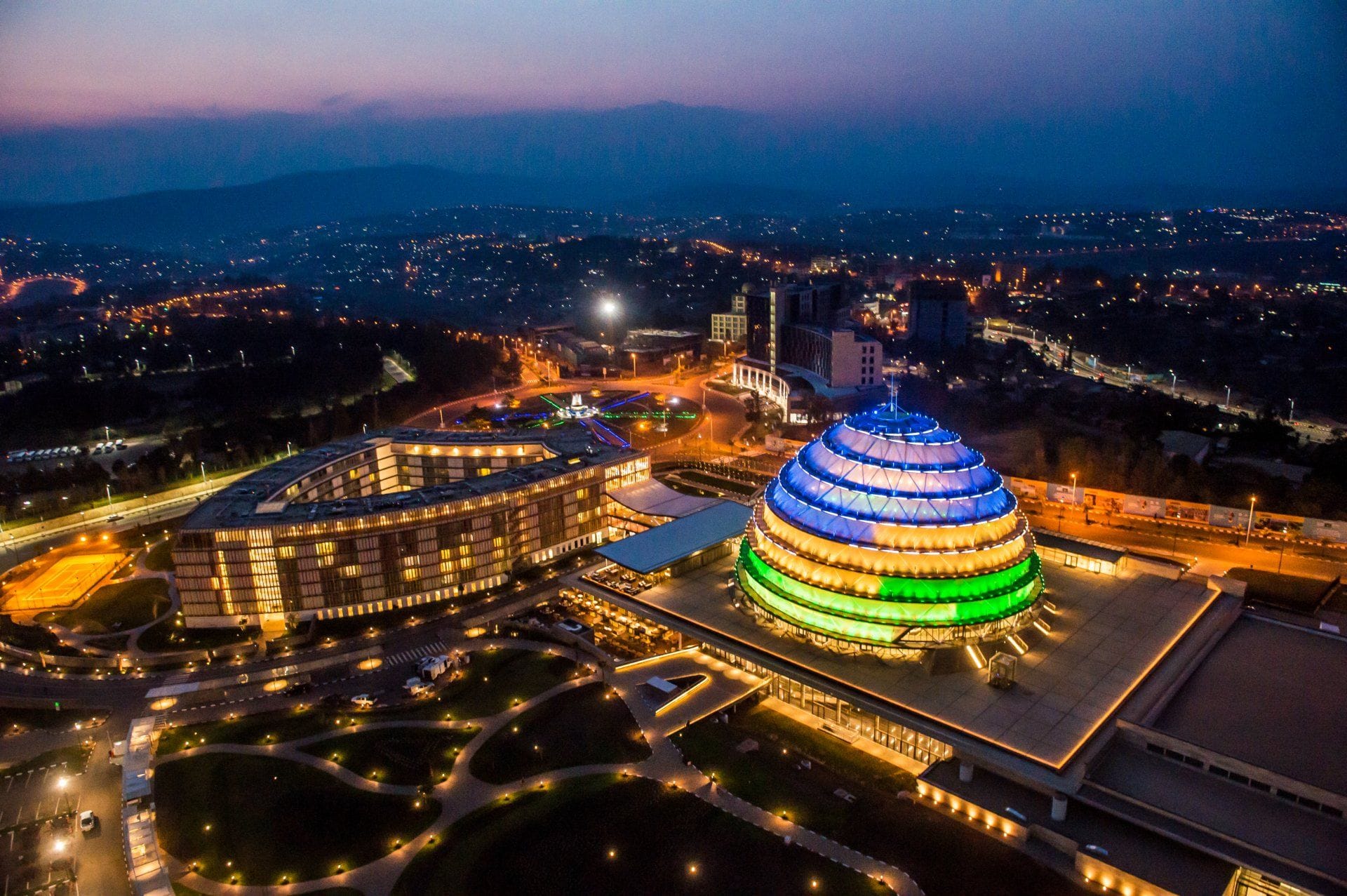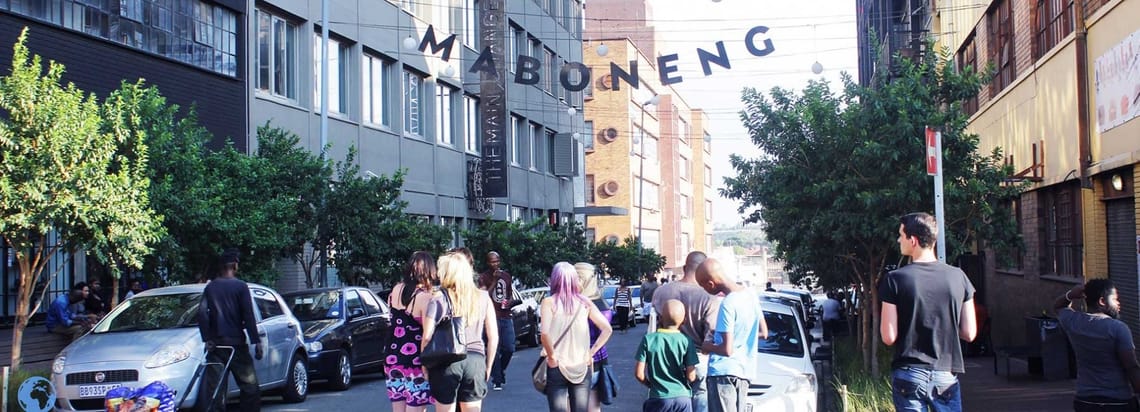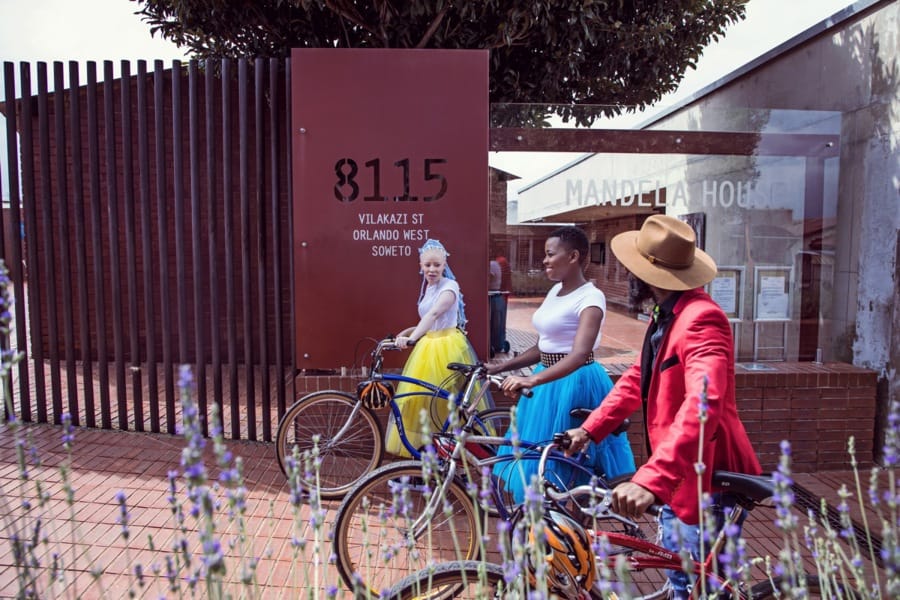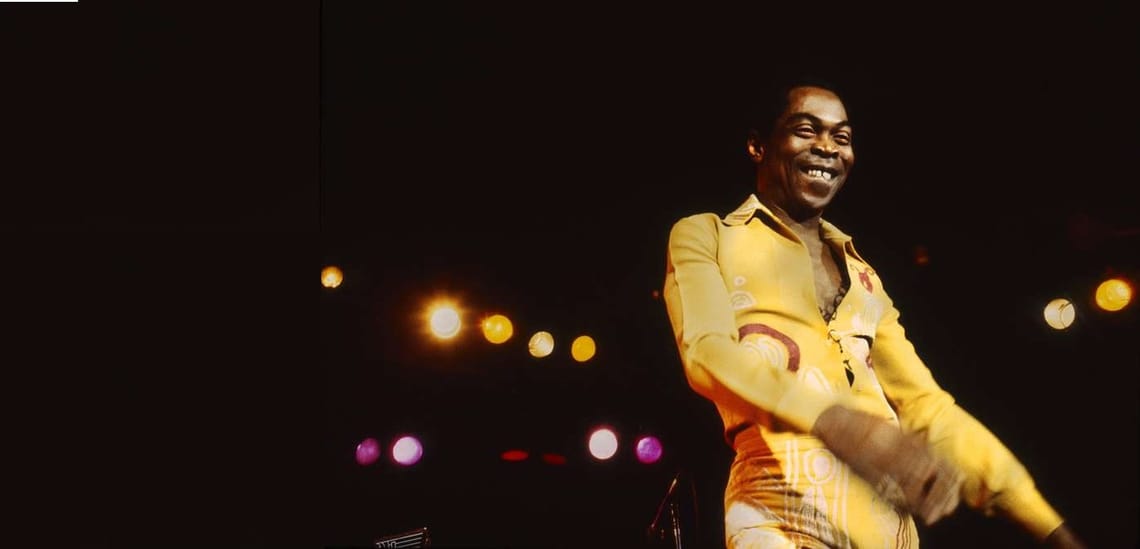On the 30th Commemoration of the 1994 Genocide against the Tutsi in Rwanda (Kwibuka30), the commemoration was a series of memorial events. It included a walk to remember, a night vigil, and a flame of remembrance which was lit by the President of Rwanda, HE Paul Kagame, at the Kigali Genocide Memorial Centre, one of four memorial sites. The flame burned for the n100 days as the country honours the victims and survivors of the tragic massacre. The commemoration was titled “Kwibuka30” with the theme ‘Remember-Unite-Renew’, the word ‘kwibuka’ means “to Remember” in Rwanda's Kinyarwanda language, which is a time of remembrance and reflection on the past and to ensure it never happens again.
In a his address, President Kagame spoke about the collective grief of the nation. He said:
“Our journey has been long and tough. Rwanda was completely humbled by the magnitude of our loss, and the lessons we learned are engraved in blood. But the tremendous progress of our country is plain to see, and it is the result of the choices we made together to resurrect our nation.”
“The foundation of everything is unity. That was the first choice: to believe in the idea of a reunited Rwanda, and live accordingly. The second choice was to reverse the arrow of accountability, which used to point outwards, beyond our borders. Now, we are accountable to each other, above all.”
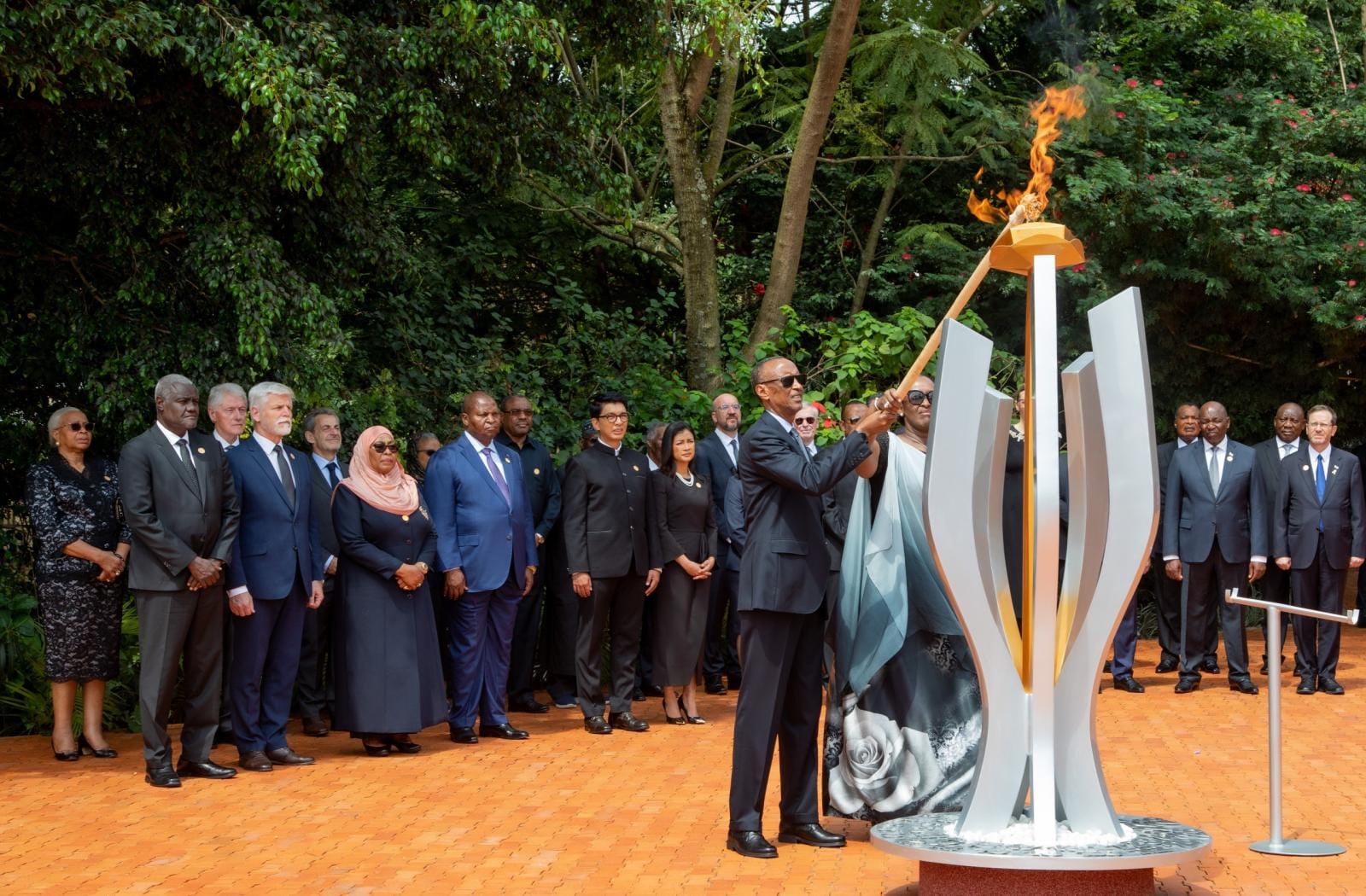
I want to believe President Kagame speech was answering to How can we rebuilding from the tragic massacre, the ashes? How to redefine a nation? How to create a new future that gives respect to all people’s dignities?
Dr. Donna Hicks, the author of Dignity: Its Essential Role in Resolving Conflict says …
Dignity is our inherent value and worth as human beings; everyone is born with it. The desire for dignity is universal and powerful. It is a motivating force behind all human interaction-in families, in communities, in the business world, and in relationships at the international level. When dignity is violated, the response is likely to involve aggression, even violence, hatred, and vengeance. On the other hand, when people treat one another with dignity, they become more connected and are able to create more meaningful relationships.
Our shared desire for dignity transcends all of our differences, putting our common human identity above all else.
While our uniqueness is important, history has shown us that if we don’t take the next step toward recognizing our shared identity, conflicts in our workplace, our personal lives, and between nations will continue to abound.
Focusing on dignity and the human need to be valued is critical.
Today, Rwanda is one of Africa's fast-growing economies and is seen as a model for sustainable growth and resilience. Rwanda is ranked as the second easiest place to do business in Africa by the World Bank and has been awarded for its leadership in tourism and economic competitiveness by the World Travel and Tourism Council (WTTC) and the World Economic Forum respectively.
Rwanda is often recognized as the cleanest country in Africa. Rwanda implemented strict policies on waste management and plastic use, which makes the country known for its impressive cleanliness and environmental initiatives.
Rwanda chose dignity instead of identity politics. To see the broad dignity of its population and not from its ethnic comprehension of 3 ethnic groups: the Hutu, the Tutsi, and the Twa.
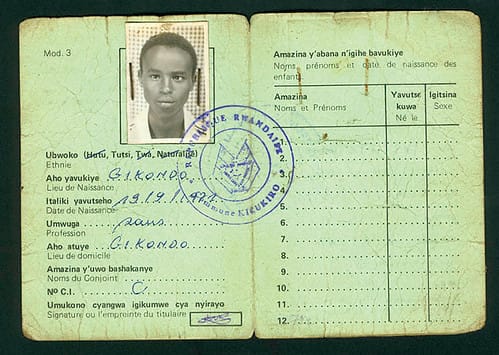
RWANDA is a rebirth, “a monumental historical shift” in the life of nation that a shared desire for dignity transcends all of their differences.
